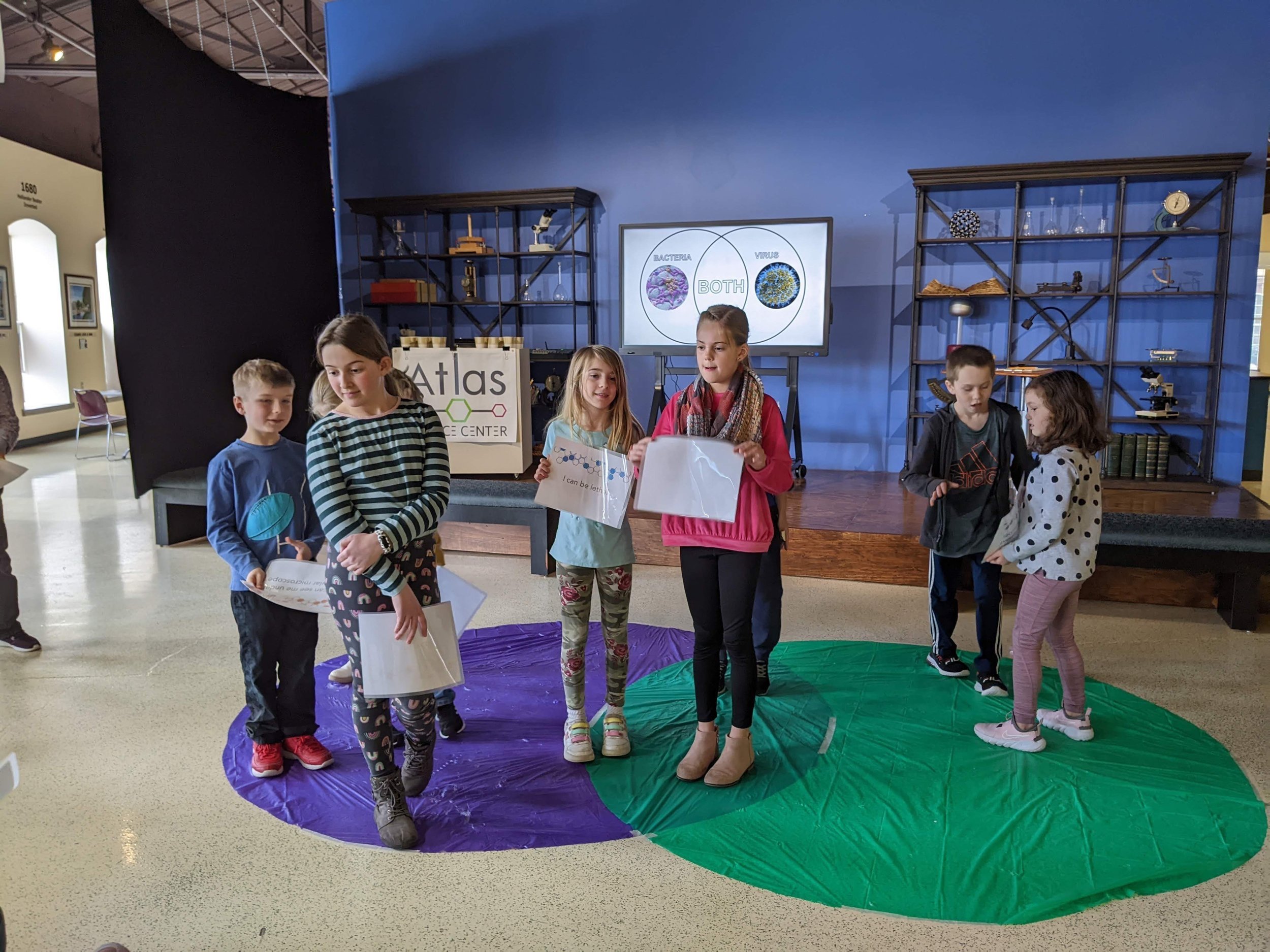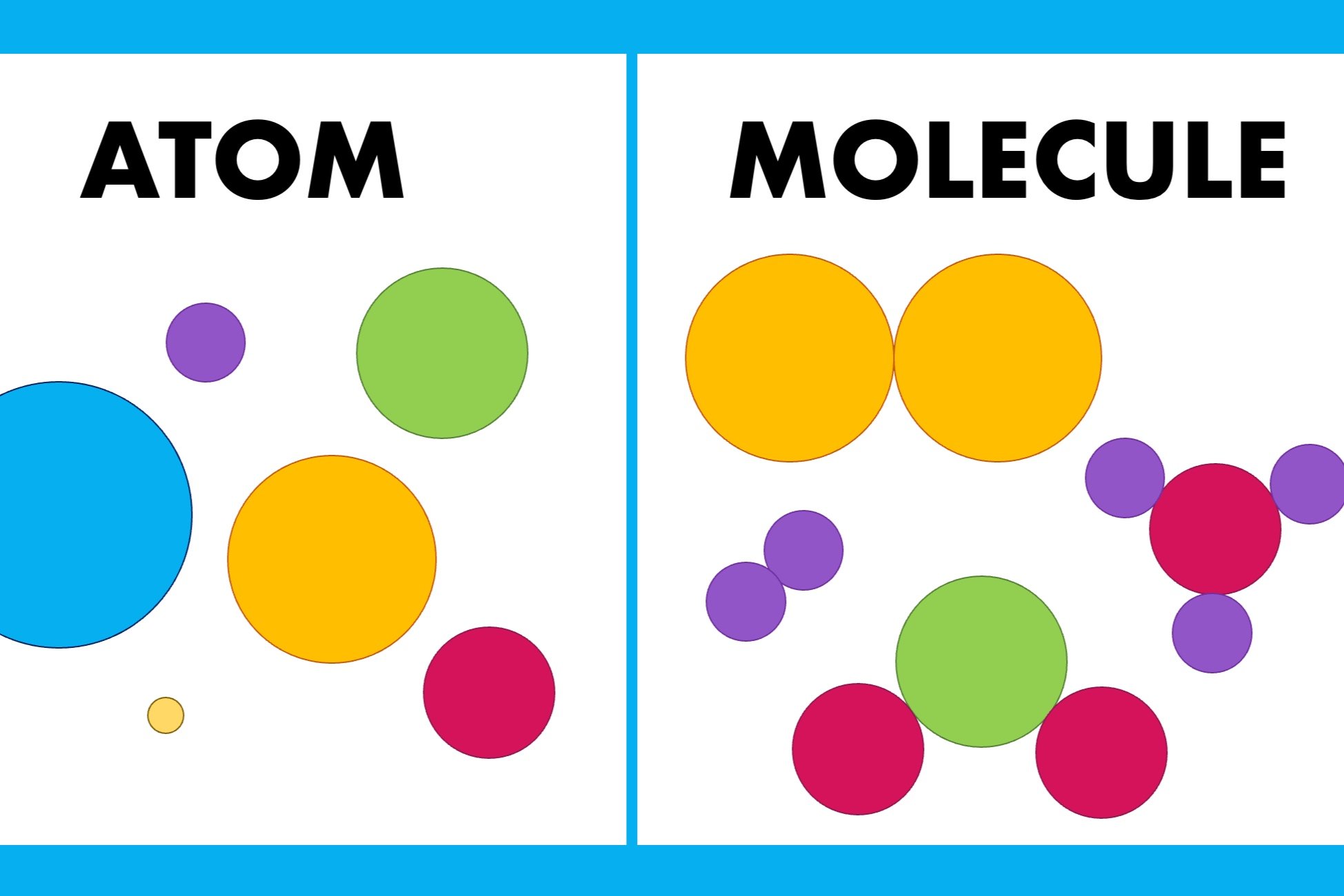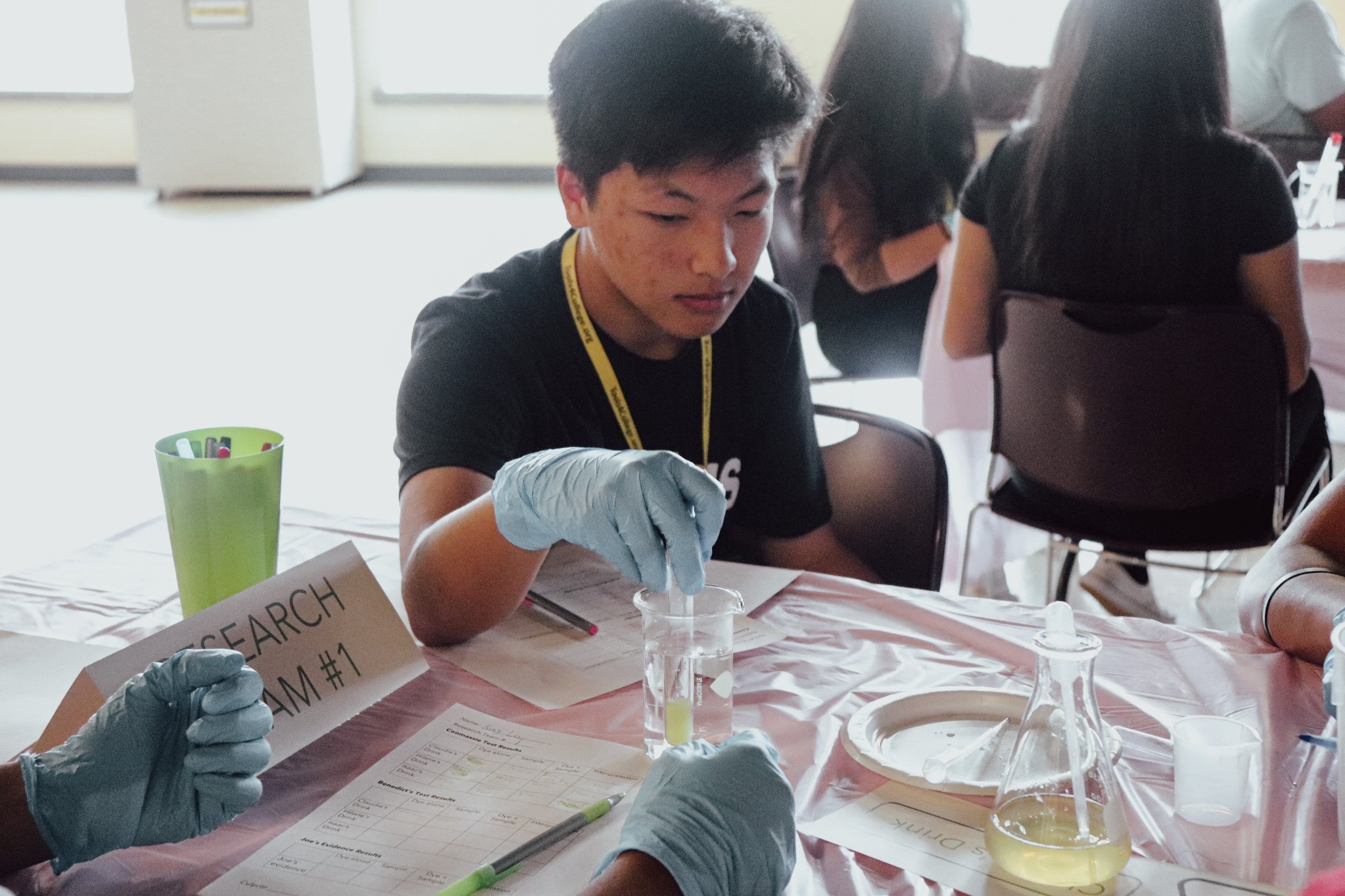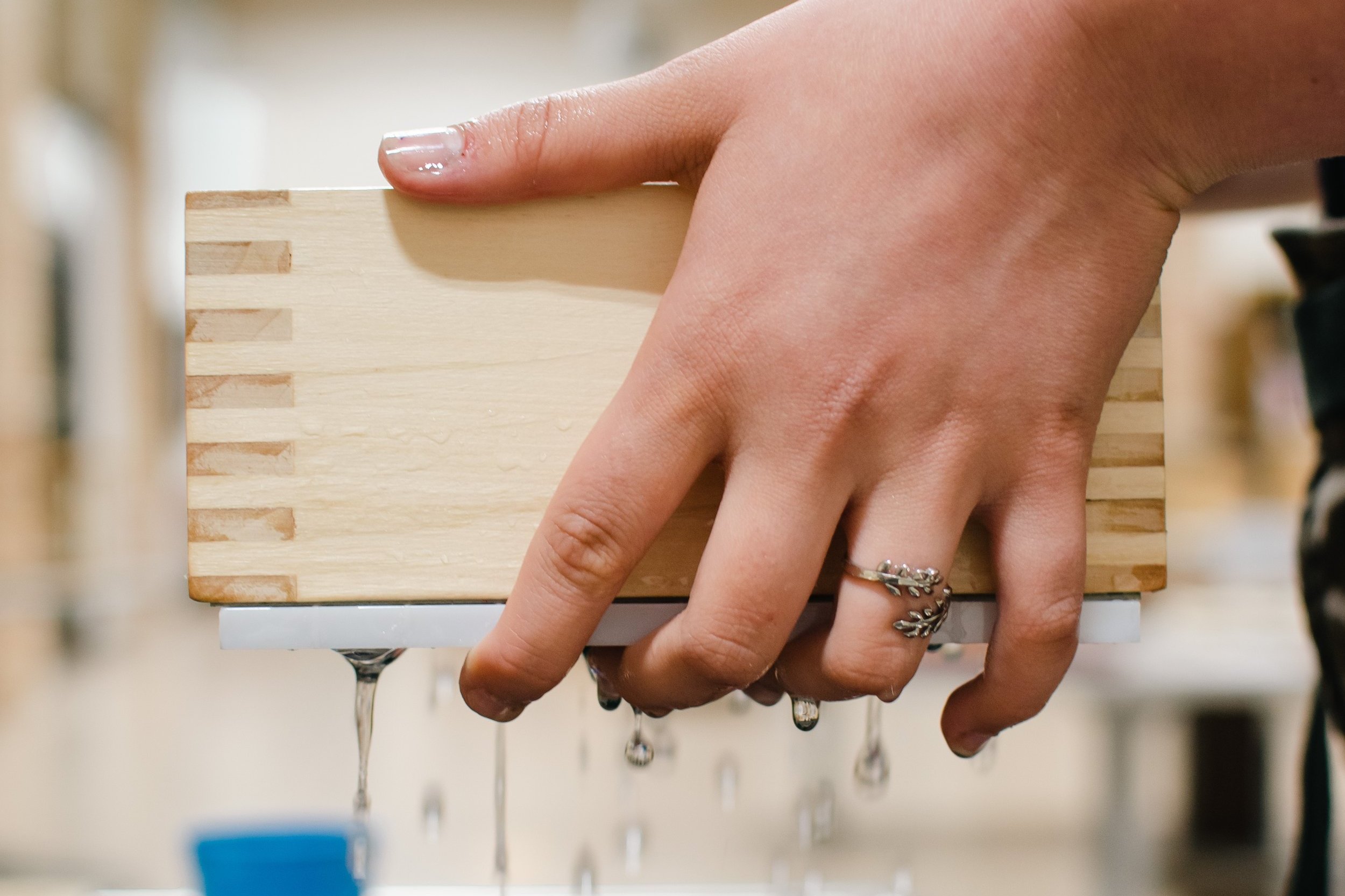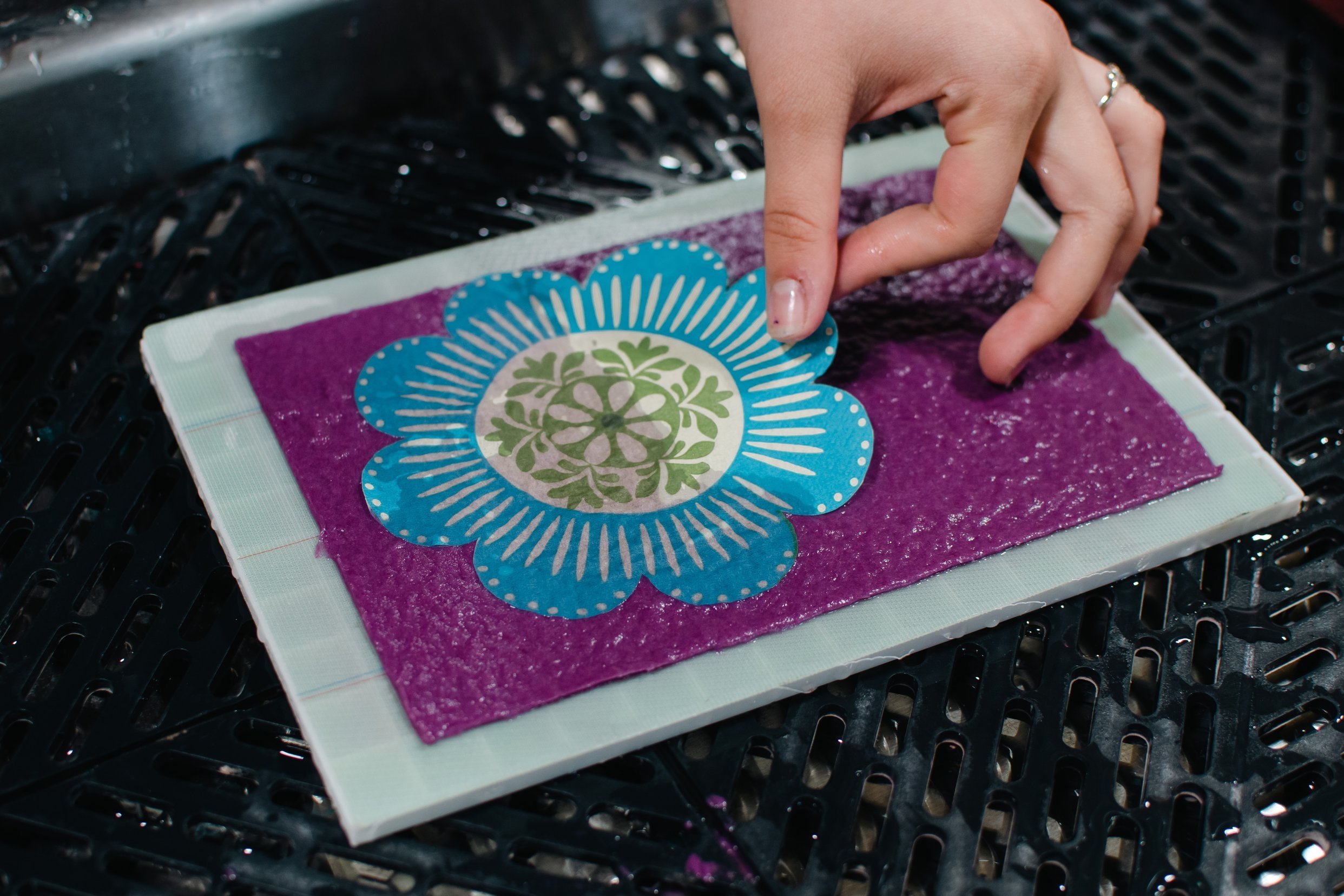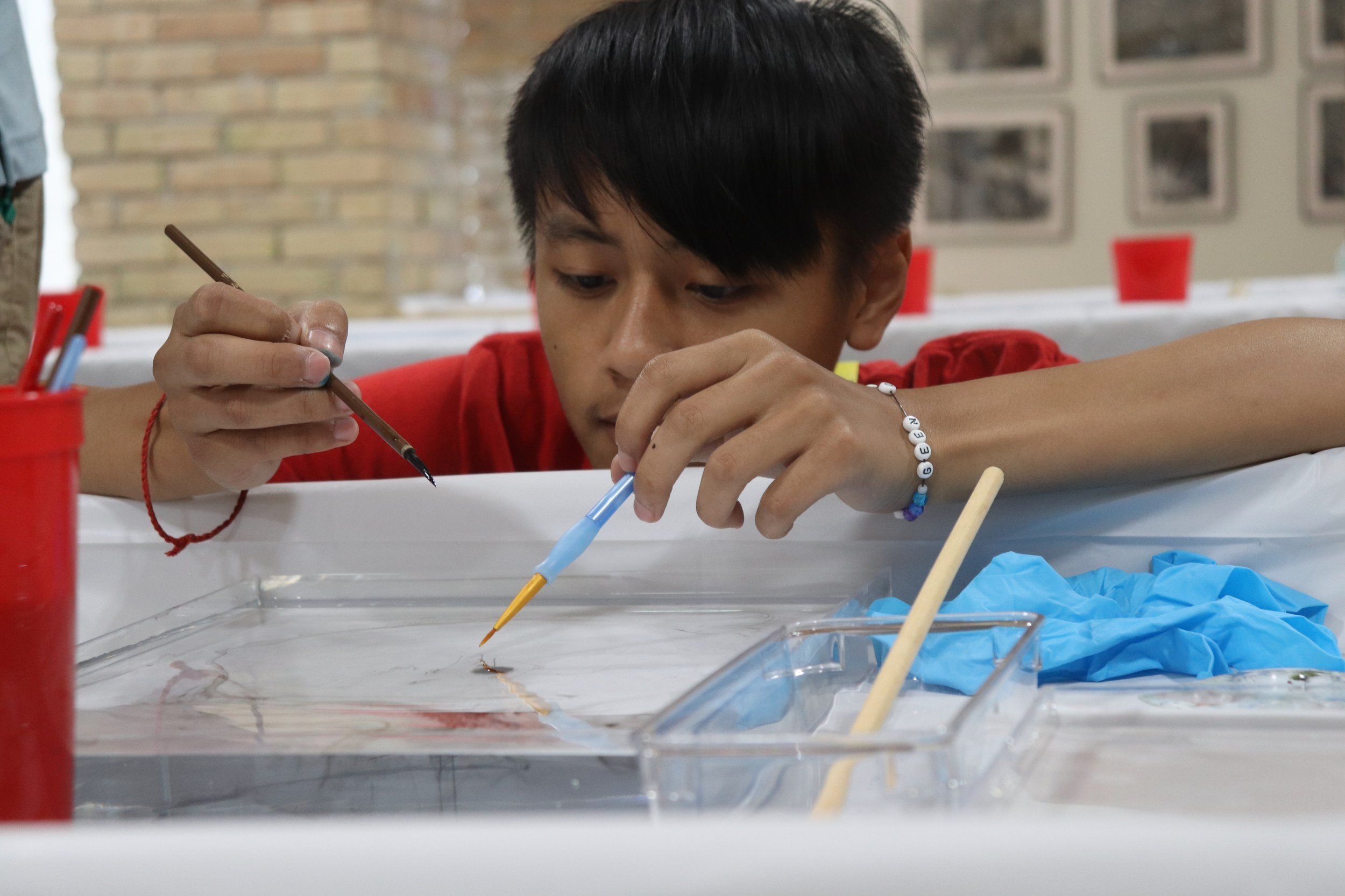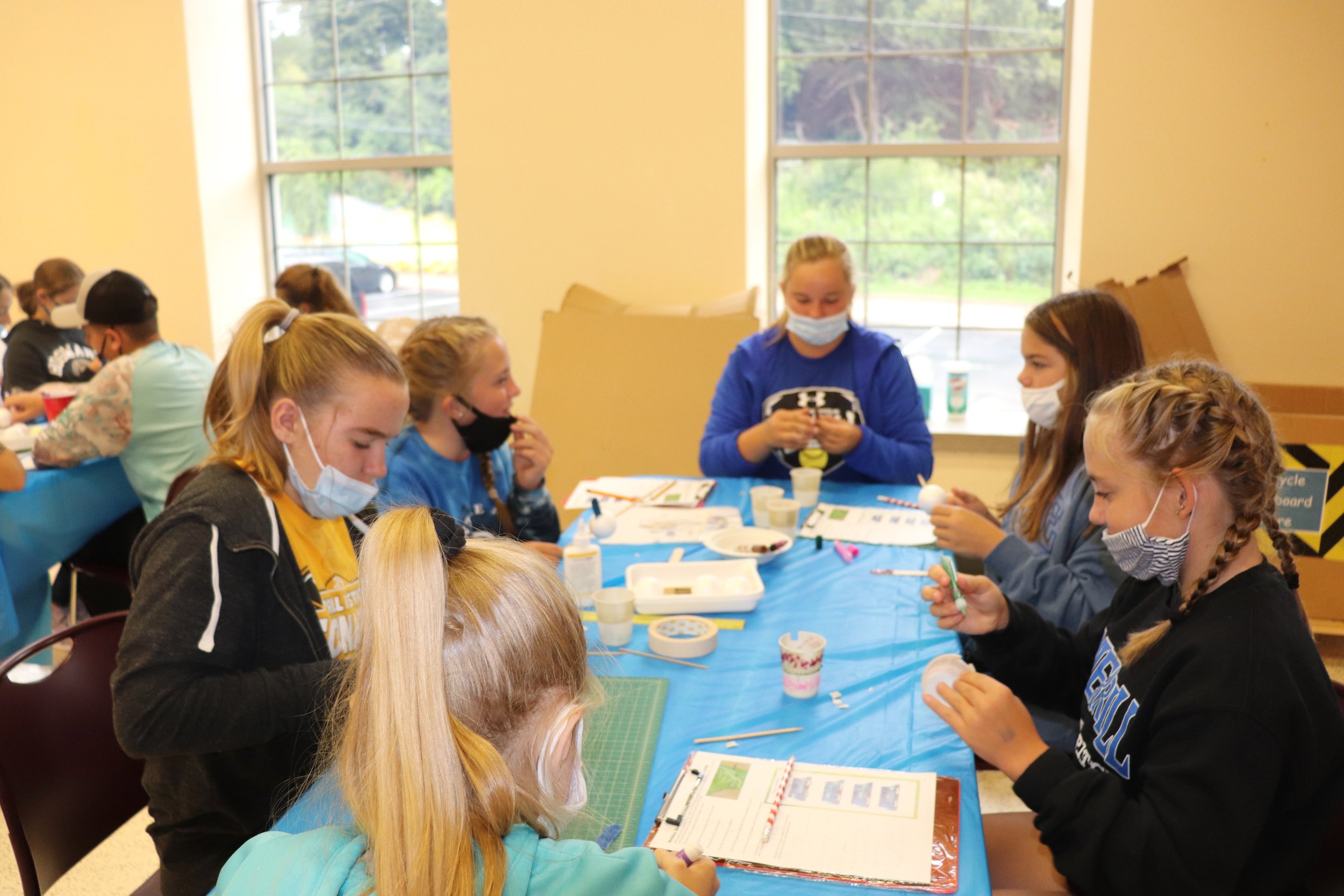
Field Trips & Group Tours
Experience exciting, up-close exposure to science, technology, engineering & math!
We can also do a field trip in Spanish!
Field Trips &
Group Tours
Experience exciting, up-close exposure to science housed within the historic Atlas Paper Mill, overlooking the Fox River! A journey through ASC’s diverse range of exhibitions is easily tailored for K-12 students. All school groups are welcome, including home school students.
-
Thank you for considering Atlas Science Center for your field trip!
• Field trips at ASC are for children ages 4 and up. Adults also have a great time learning. We tailor each experience to the specific age group that is visiting.
• Field trips must be booked a minimum of 3 weeks in advance.
• Field trips can be booked on days we are closed to public: Tuesday & Wednesdays
• Payments are made when booking your field trip with our Lead Educator, Claudia Damiani, by calling 920-380-7491 x104 or by email at claudia@atlassciencecenter.org
• Field trip is confirmed as soon as down payment of $105 is received. Passes, coupons, memberships may not be used toward payment. The down payment is used towards your final investment, and it includes 15 student spots (Grades K-12) plus 3 free chaperone spots.
• Once the date is reserved, final payment and final headcount should be given two weeks before the field trip.
• The investment for a field trip is $7 x student. This includes two staff-led, interactive activities and access to all the ASC exhibits.
• Chaperones are included free of charge, up to a ratio of one adult chaperone for every five students (Grades K-12 only). Additional adults will be charged the daily admission fee.
• Payments are used to buy materials and for necessary staff to be available for the field trip, unfortunately because of this reason we are not able to issue refunds.
• We take pleasure in offering personalized field trips. A great amount of planning goes into programming; therefore it is difficult to accommodate unscheduled groups. Please schedule your arrival with Atlas Science Center beforehand. Any groups arriving without a reservation will be declined admittance.
• We encourage groups to arrive 5 minutes before the scheduled time.
• Due to staff scheduling and other visiting groups, we cannot adjust the field trip times for late arrivals. Groups arriving late may result in their activities being cut short. It is best to call to let us know you are running late at
920-380-7491.• For everyone’s safety, your group is expected to be attentive to instructions from the ASC staff and to be respectful toward ASC property, staff, and other guests. Teachers and chaperones are responsible for the children.
Our program offers a great deal of exciting and interesting information. It is recommended that all chaperone cell phones, except for the lead teacher’s phone, are put in silent mode. This will enable chaperones and students to hear all information and to also guarantee the chaperones focus on the needs of the students.
-
Atlas Science Center field trips are tailored specifically to help teachers meet science, technology and art standards. They include hands-on activities and demonstrations that are led by our passionate and knowledgeable staff.
You can pick two options from the activity information section found below. These are separated into these categories: Interactive Stage Presentations, Interactive Activities and Paper Science. If you do not see an activity that meets your educational needs, please reach out to us. We may be able to create one especially for your group.
Our field trips can accommodate student or civic groups numbering 15-70 guests. Homeschool Groups can accommodate a maximum of 50 guests including chaperones. Activities are developmentally appropriate for ages 4-adults. Participants will be divided into smaller groups. Each field trip is unique and can vary between one hour and a half to two hours in duration. Depending on what activities you choose, a basic overview of the visit is as follows:
• 10-minute introduction
• 40-minute guided paper making activity
• 40-minute interactive science demonstration
• 20-minute self-tour of the ASC exhibits
*The allocation of times for each activity is flexible and is discussed before your visit.
Field Trip Activities List
STEM Discovery
Please note that activities can be tailored to different ages (simplified or more challenging). Please let our educators know the age range of your group to plan accordingly.
Also Ask about our Spanish Language field trips that are perfect for High School Spanish curriculum.
INTERACTIVE STAGE PRESENTATIONS - (Ages 5+)
Soap: An Effective Cleaning Ninja
(Ages 5+)
Ever wonder how soap gets rid of germs on our hands? With this interactive stage performance, the students will participate in a fun experiment that will show them the science behind soap’s ability to keep our bodies safe from pathogens. After this learning experience they will never see soap the same way again.
Paper Strength (Ages 5+)
Through this demonstration your students will form a prediction about how much weight a sample of paper will hold. Students go from theory to practice as they physically test their predictions. Typically, we test brown paper bags, copier paper, newspaper, and paper towels.
DNA Nanotechnology (Ages 8+)
We all know how to measure things in inches or feet but what if I asked you to measure something in nanometers? Enter the nanoscale – the scale of atoms and molecules! Students will have fun learning about this little world and how it is changing the way researchers develop new technology. Students will make necklaces out of wheat germ/strawberry DNA.
Dams and Locks (Ages 8+)
Students dive into the rich history of the Fox River
and Appleton area by participating in interactive activities. One activity has the students put their engineering and teamwork abilities to the test by creating their own water wheel. While the other one uses a small locks model to teach them how the locks system works.
Changing Colors: Acids and Bases
(Ages 8+)
The colors people see depend on the chemicals that things are made of. By participating in colorful and fun chemistry experiments together, students will learn how color changes can help identify two classes of chemicals called acids and bases.
Henrietta Lacks Lives On (Ages 8+)
Henrietta Lacks passed away in 1951 but her cells, taken without her consent, lived on to transform the fields of science and medicine. Named "HeLa," the cells divide indefinitely and have been doing so for over 70 years. This interactive presentation offers the science of why HeLa cells are immortal and a hands-on activity to learn how to keep HeLa cells alive in a lab. This is a great field trip for Black History Month!
Survival: A Game Show About Sustainability (Ages 8+)
Based on the TV show “Survivor,” students face off to test their knowledge about sustainability in 3 rounds. They learn about the pillars of sustainability: people, planet and prosperity and the Sustainable Development Goals proposed by the United Nations. Challenges and solutions are discussed as teams buzz in for chances to answer!
The Paper Caper (Ages 8+)
Handmade paper has been stolen from our paper lab and we need your forensic science skills to help catch our thief! As a group, you choose 4 suspects and employ blood typing and DNA profiling techniques to assess the evidence left behind at the scene of the crime. You'll leave knowing a little more about the fascinating field of forensic science!
The Science of Snowflakes (Ages 10+)
Delve into the microscopic world of how snowflakes are formed! Beauty meets chemistry as students learn how temperature and humidity impact the formation of each unique flake. We conclude with microscopy images of a variety of snowflakes and students take home their own kit to make a borax crystal snowflake.
INTERACTIVE ACTIVITIES - (Ages 6+)
The Power of Polymers (Ages 6+)
We'll discuss the basic chemistry of polymers and how prevalent they are in our everyday lives. Then, we'll test the strength and flexibility of polymers as we build our own models. Finally, we use 'Cra-Z-Snow' (a safe polymer-based material that is the same chemical found in diapers), food dye and water to show how much polymers can expand and absorb their mass in water.
Poop to Power! (Ages 6+)
Carbon gases like methane are warming our planet, and one of the biggest sources of these gases are cows. We’ll construct our own mini digesters to show how farmers collect manure to turn it into renewable gases. Using an acid-base reaction to illustrate how the gas is formed and a foil balloon to trap the gas offers additional lessons in chemistry and a fun twist too!
Secret Spy Notes and pH (Ages 6+)
Students learn all about acids and bases and the pH scale. They'll use sodium bicarbonate (baking soda) and paintbrushes to write notes that will dry. We'll then use juice to 'develop' our notes! The pH of the juice changes color when it encounters the basic baking soda and your note is revealed! Students take home their creations and instructions on how to make their own notes at home.
The Engineering Process: Marshmallow Catapults (Ages 6+)
After a brief discussion on angles, trajectory and velocity, students will build a simple machine (using only scissors, a cup, balloon, and tape) capable of launching a marshmallow into a bucket. We discuss the steps of the engineering process, including iteration and revision of our machines after we gather initial data. Students can take their catapults home with them.
Focus on Food Chains (Ages 6+)
In this interactive activity, students are assigned an ecosystem where they must build their own hierarchy of producers and primary, secondary, and tertiary consumers. They finish with an activity about biotic and abiotic factors that influence ecosystems.
Venture Into Viscosity (Ages 6+)
We all know honey is thicker than water. But what does this mean at a molecular level? After a brief introduction into the chemistry of viscosity, we’ll use different liquids and measure the time it takes for a marble to drop through the liquid. Students love predicting which liquids are most viscous and are surprised to learn how thick some liquids can be! This activity can be tailored to older ages by including more data gathering and analysis.
The Rock Cycle - With a Chocolate Twist! (Ages 6+)
Each student (or pair) gets a step or process in the rock cycle - together we must piece it together and discuss examples of each stage. Students then proceed with a hands-on demonstration that takes students through every step of the rock cycle using 3 colors of chocolate chips. We get to smash, melt and more! Add on: Mineral Kit Exploration
Invasion: A Game About Invasive Species (Ages 7+)
After a brief introduction on new species in ecosystems, each student is assigned a role to play in the game “Invasion”. During the game, students experience how the introduction of an invasive plant species has far-reaching effects. We end with a broader discussion of invasive species and even debate whether humans are invasive or not.
Bacteria versus Viruses (Ages 8+)
We begin with an interactive discussion on the differences between bacteria and viruses. They will each be given a fact and discuss if it is describing a bacteria, virus, or both and why. Afterwards, with everyday objects, they will build their own viruses! Students can take the viruses home with them.
Photosynthesis Simplified (Ages 8+)
Each student is given carbon, oxygen, and hydrogen props and are shifted around to illustrate how these elements must rearrange during this chemical reaction. This no-sitting, all-moving demo of photosynthesis helps students digest this complex topic!
Atoms, Elements and Molecules Oh My! (Ages 8+)
What is the difference between an atom, element, and molecule? Students get to explore WHY the periodic table looks like it does and how elements are different. Each student (or pairs) will receive materials to build their own atom. Then they will finish the activity by building their own molecules to demonstrate the diversity of chemistry in our world.
Catch a Thief Using Biochemistry
(Ages 12+)
An iPhone has been stolen out of the cafeteria! Good thing we know what the thief ate for lunch. We will use our knowledge of the four classes of macromolecules (lipids, carbohydrates, proteins, and nucleic acids) to assess the evidence left behind to determine who stole the iPhone. Geared toward high school ages but can be adjusted for middle school.
Transcription and Translation: How a Gene is Expressed (Ages 14+)
Genes make us unique. But how? Students start by working in pairs with a paper DNA transcript and use it to construct their mRNA. From here, they must translate their mRNA into a polypeptide which they build using a ribosome and tRNA. Walking through the complex steps of gene expression helps students truly grasp this incredible process! Geared toward high school ages.
PAPER SCIENCE - (Ages 4+)
Handmade Paper (ages 4+)
This is our most popular activity. Using paper already on hand, we will take the students, step by step, through the process of making a brand-new piece of paper—recycling at its finest! A complete hands-on activity. It is an experience that students will not forget.
Making Paper out of Toilet Paper (Ages 4+)
Why can we flush toilet paper down the toilet? Learn why toilet paper is so different from other kinds of paper and what people used before its creation. Once the students learn the reason toilet paper is so special, they will apply what they learned to make handmade paper.
Handmade Paper Techniques (Ages 8+)
We now offer an extension activity where students can learn more handmade paper techniques beyond the basic sheet. Handmade Paper Techniques is only available for small groups. Maximum 20 students.
Suminagashi: The Science of Japanese Paper Marbling (Ages 10+)
Suminagashi is where art meets science. Students create beautiful designs by floating sumi ink on water and pulling their patterns on a sheet of paper. They also do supplemental science activities that help them understand the special properties of water, ink and more. Students will leave with a deeper understanding of the synergistic relationship between art and science. Limit 25 people.
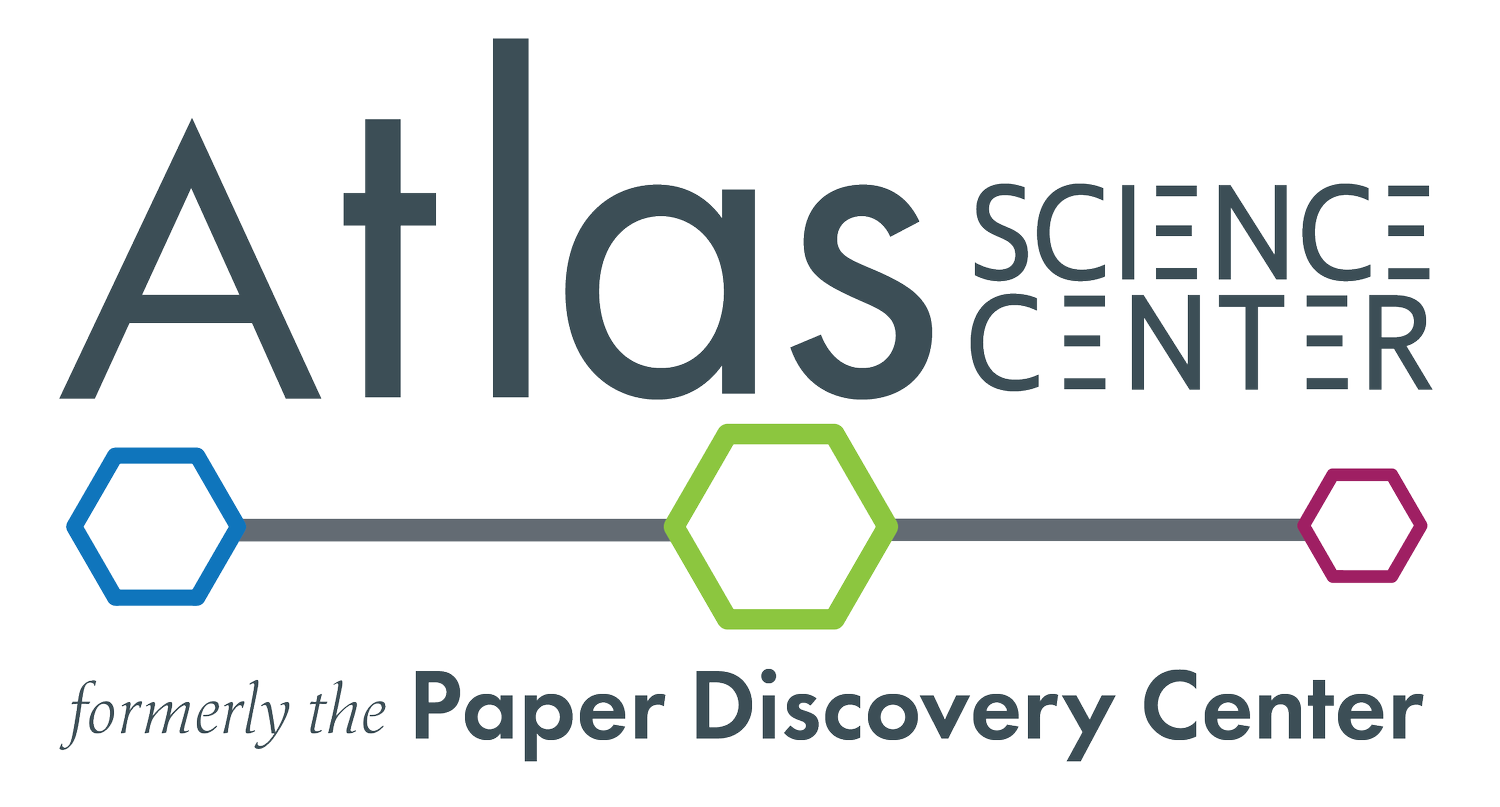

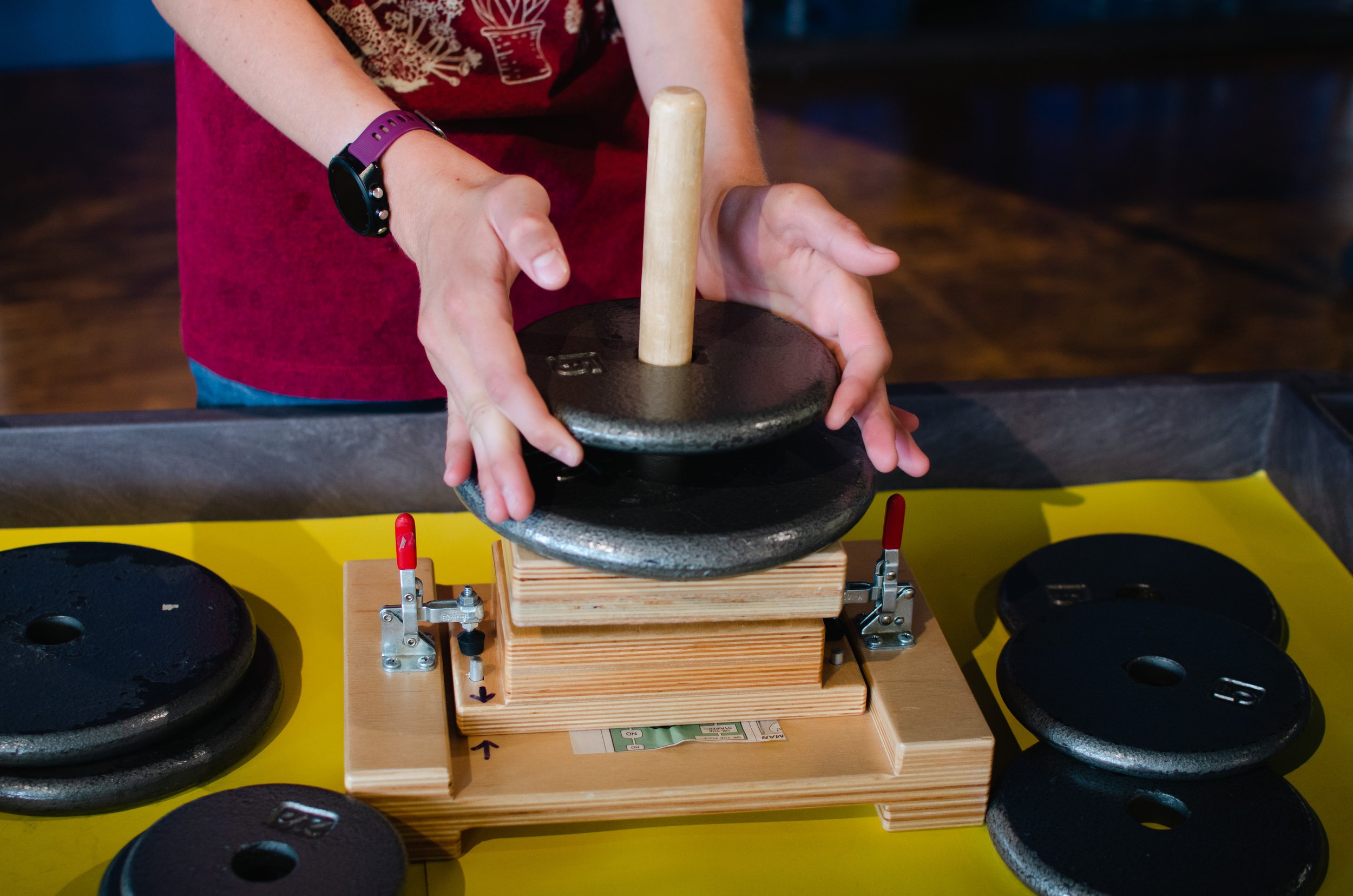

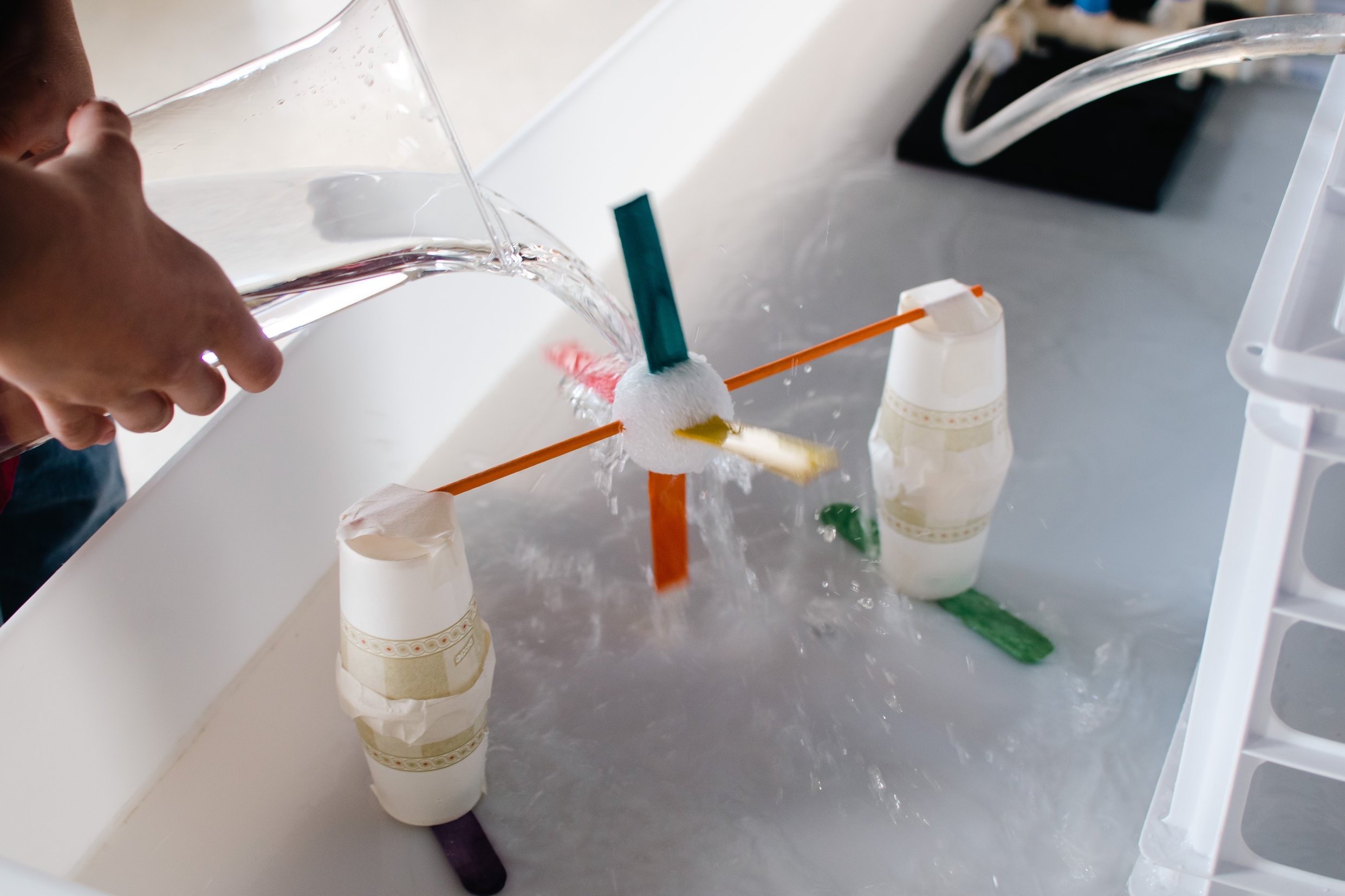

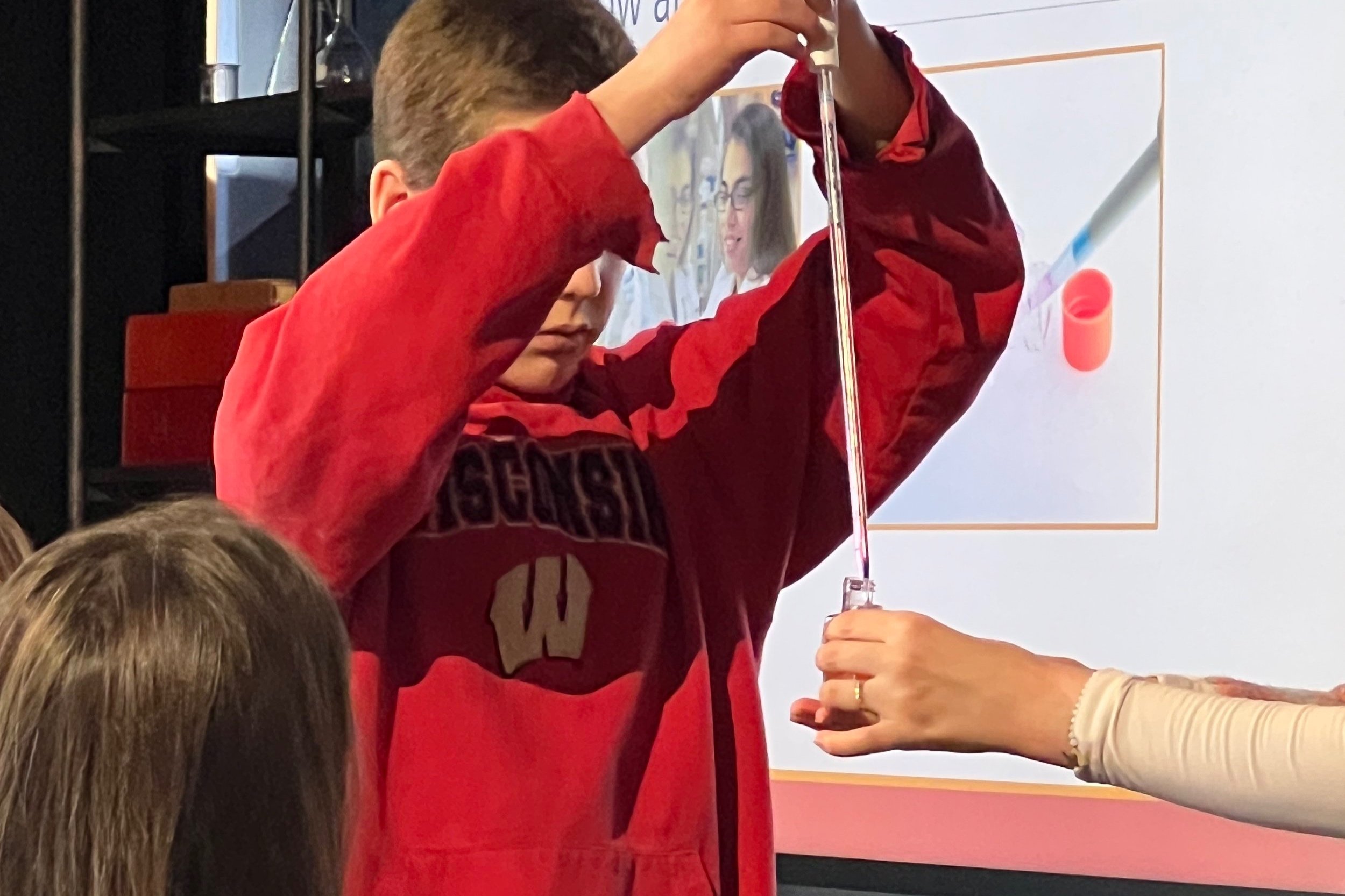

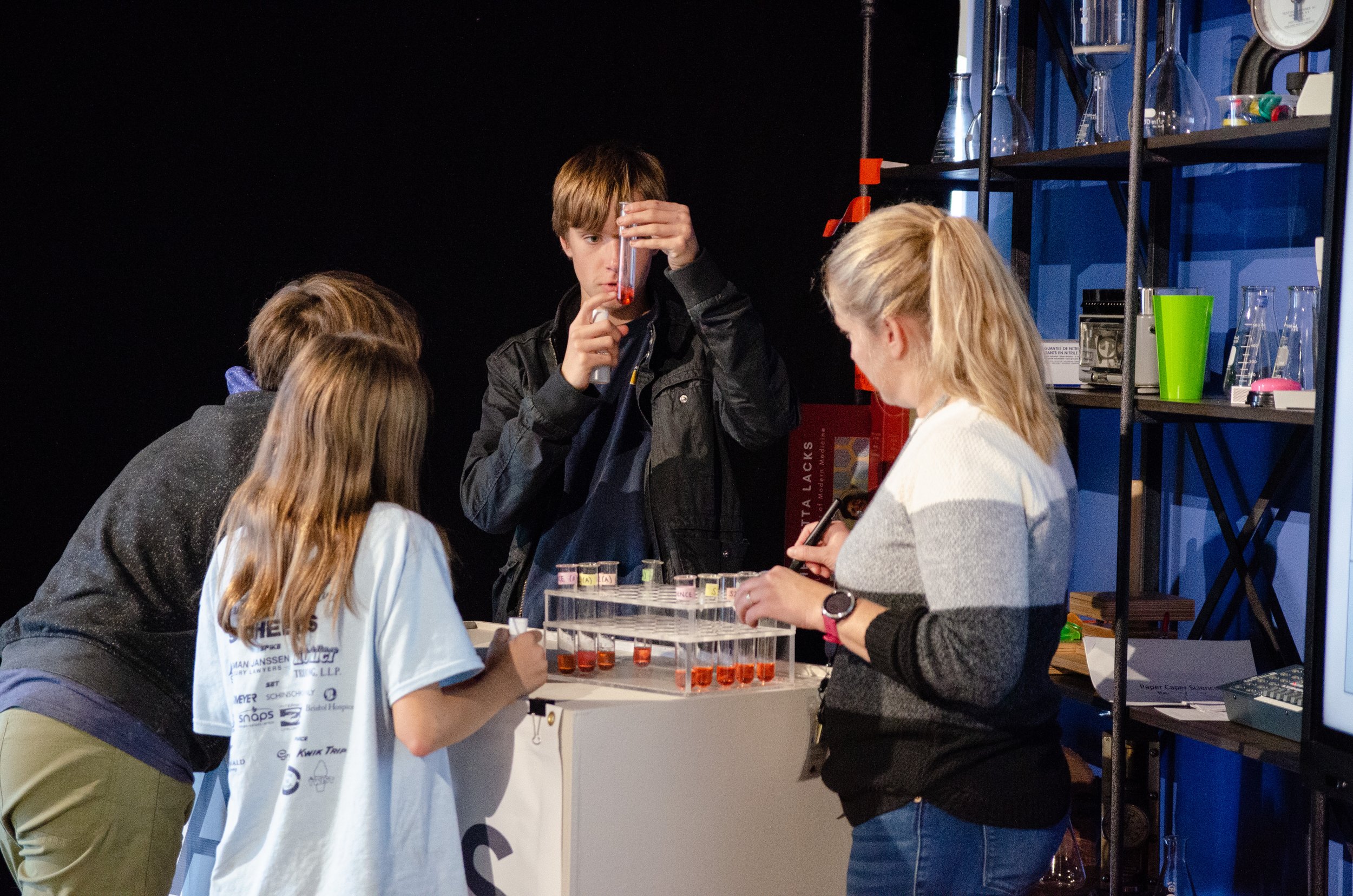
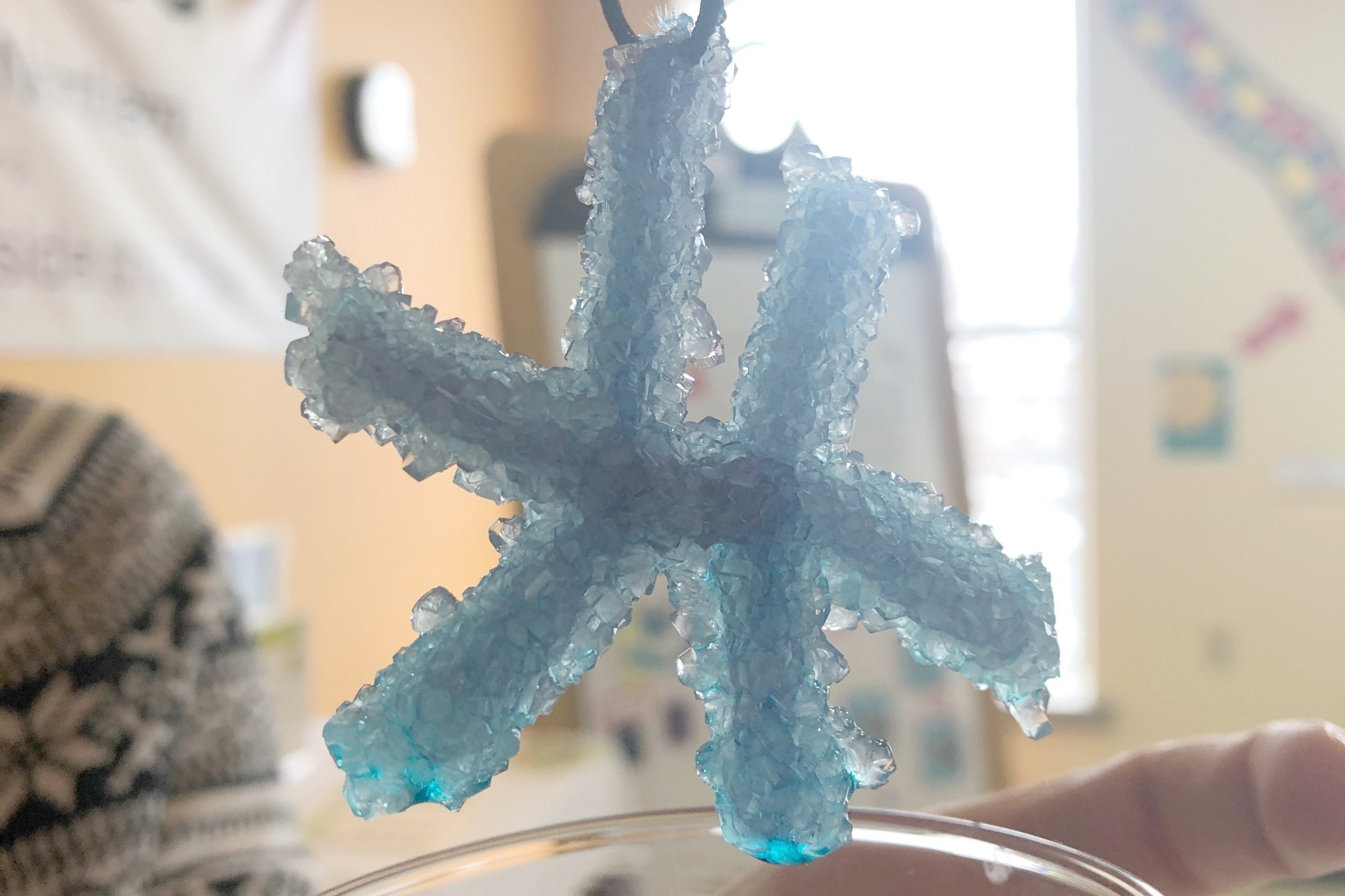
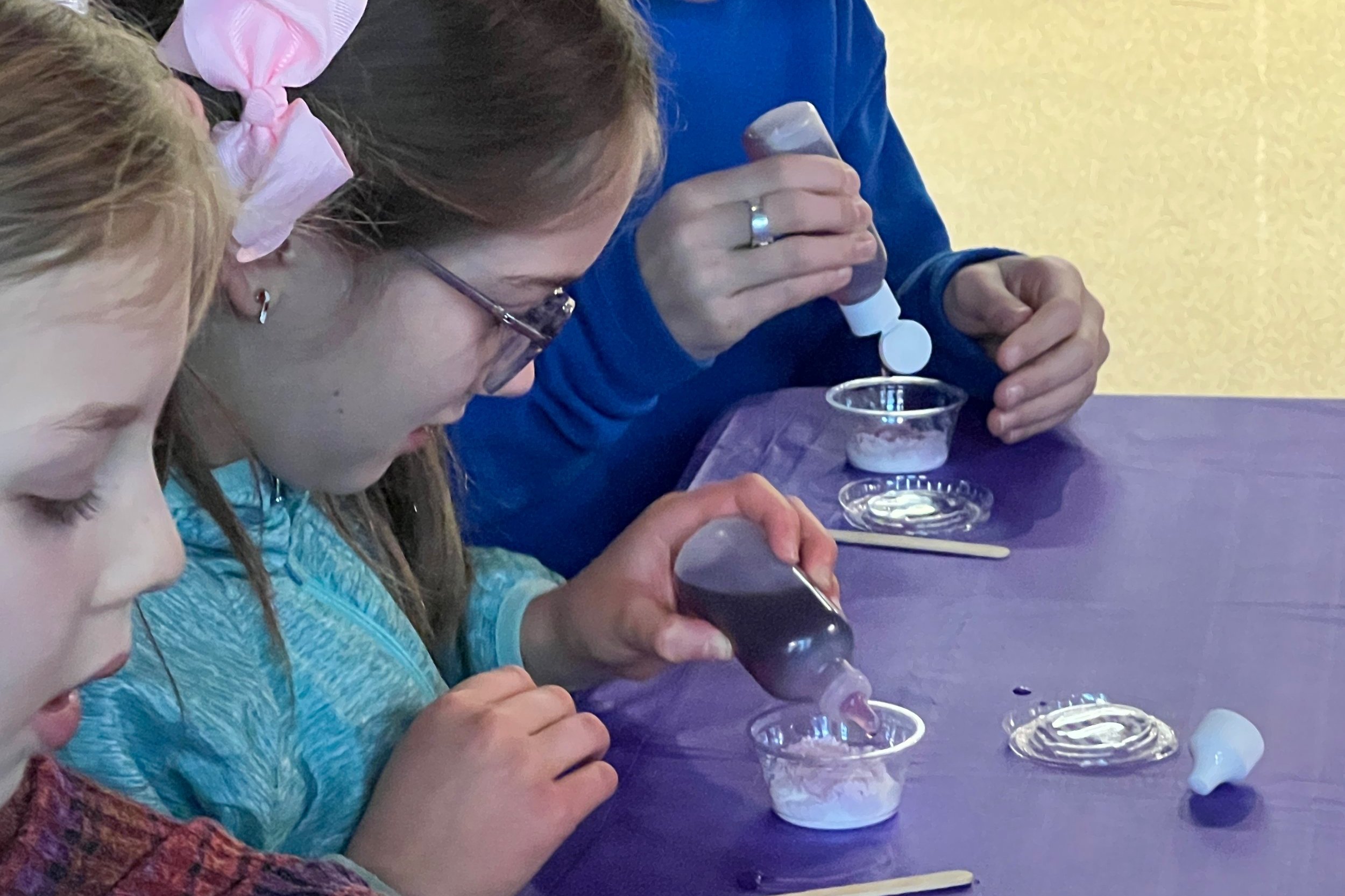
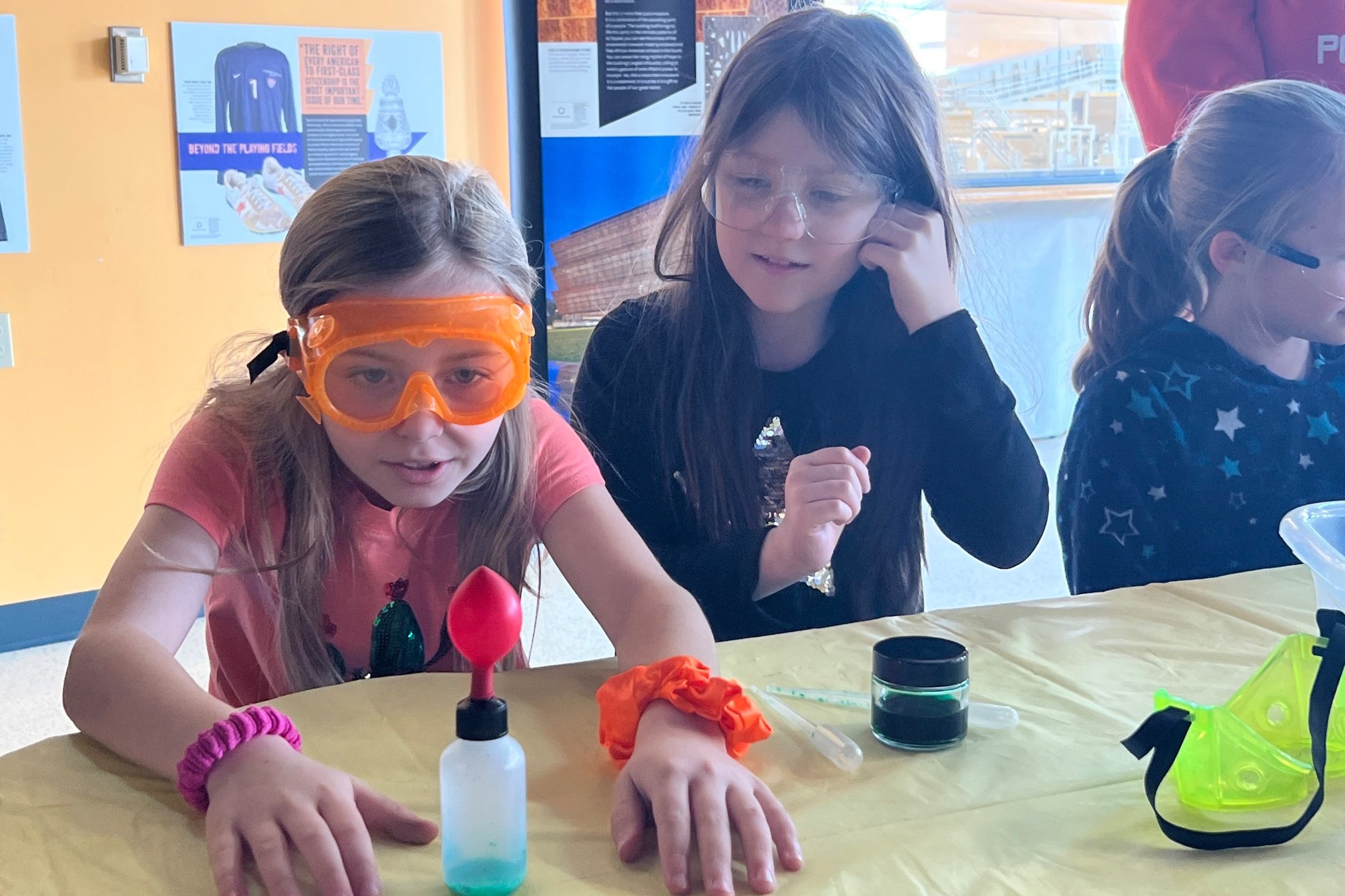
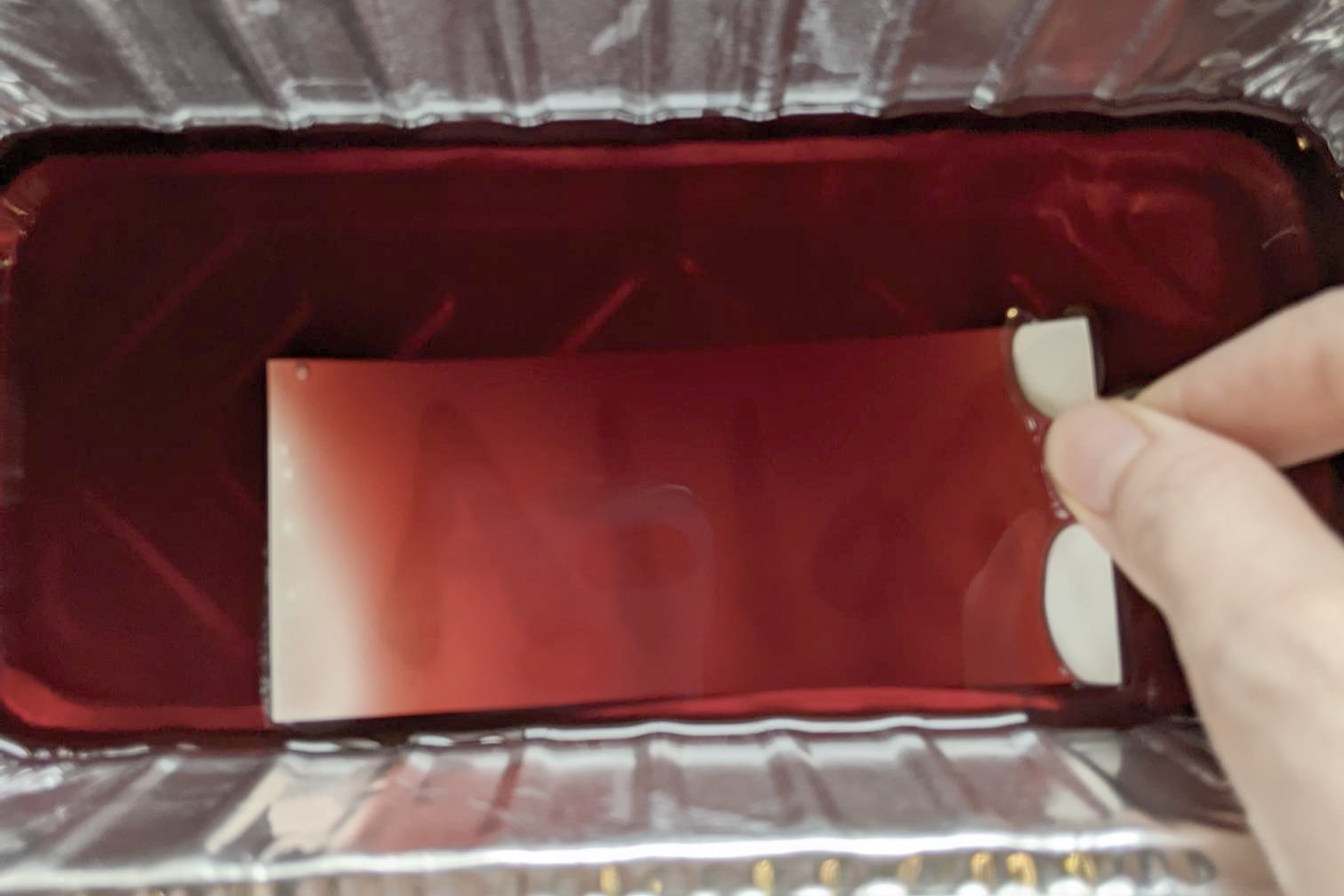
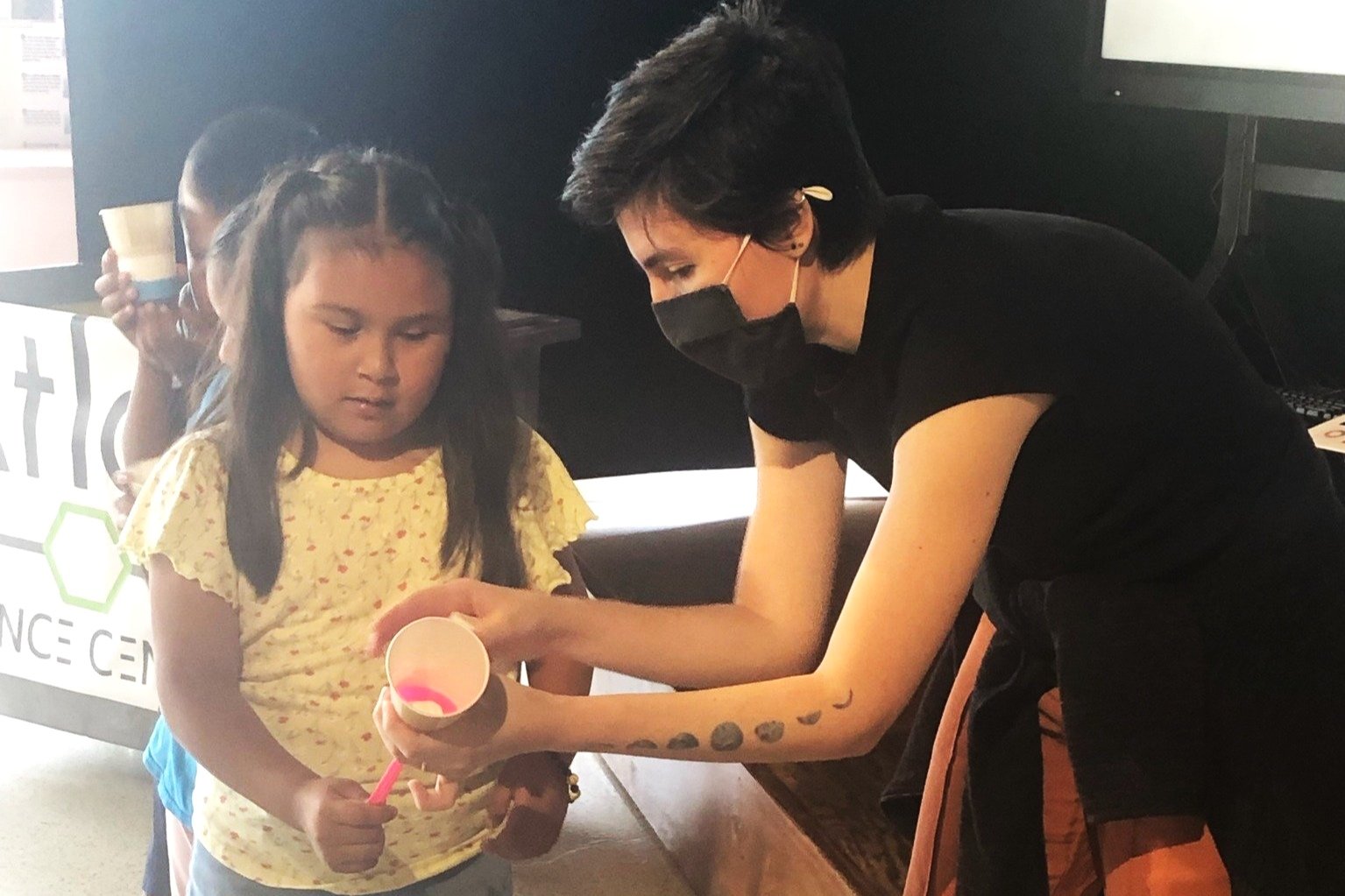
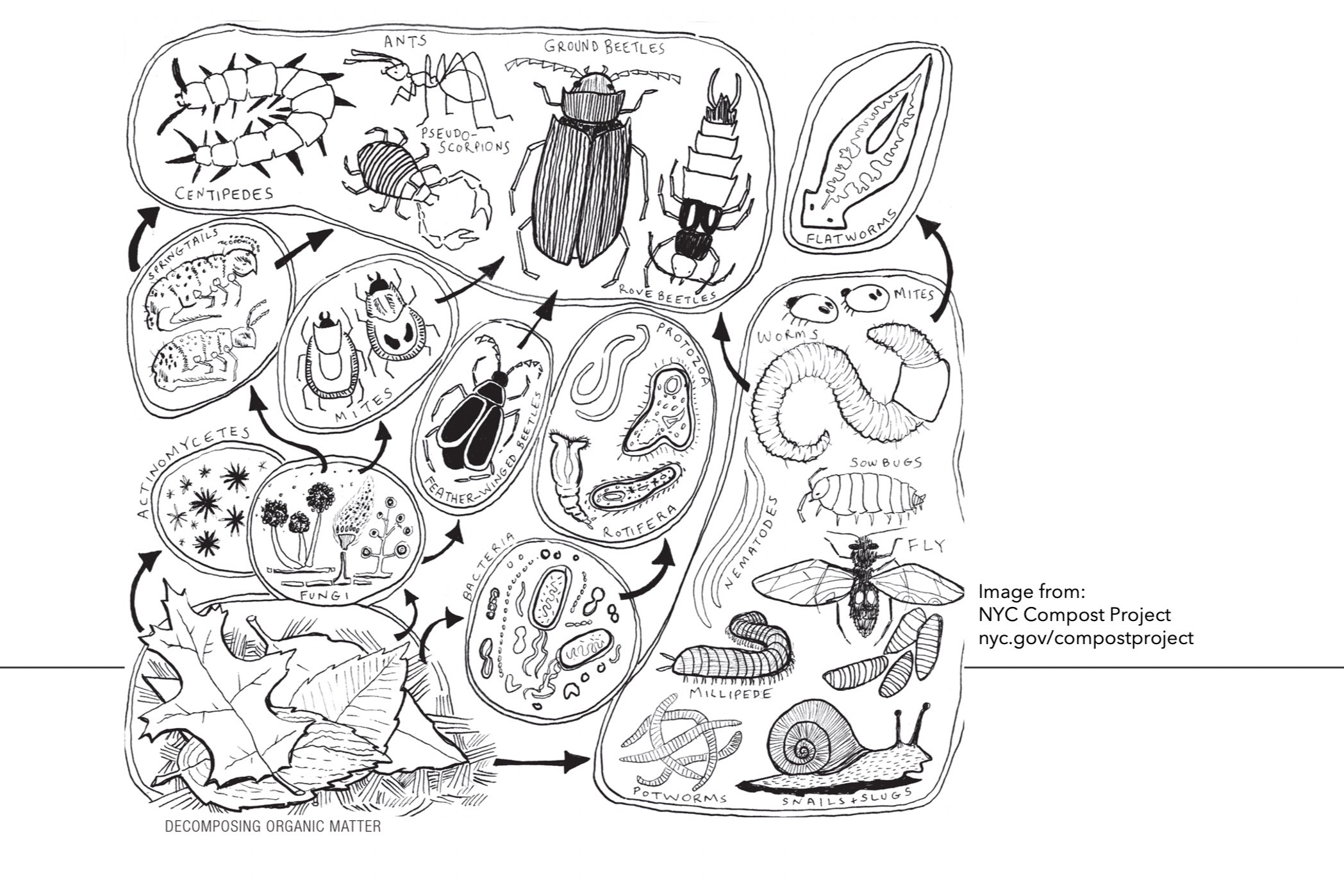
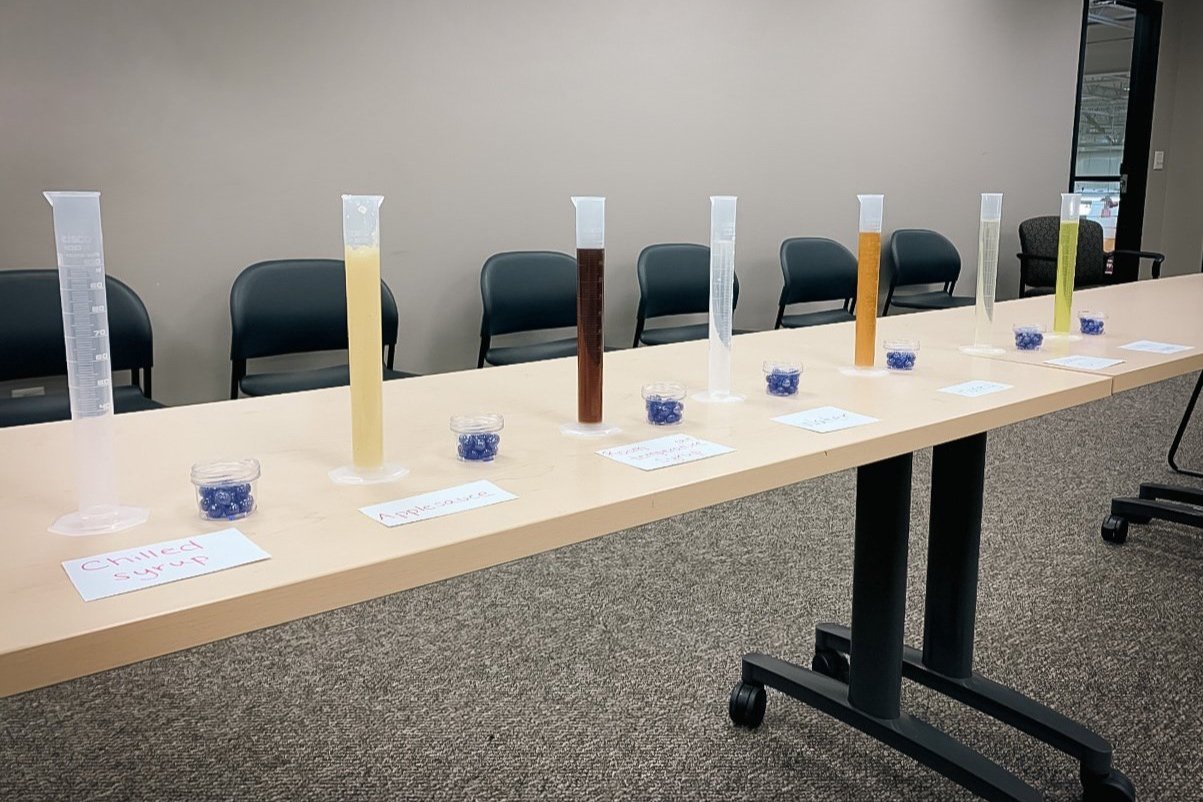
-(1).jpg)

